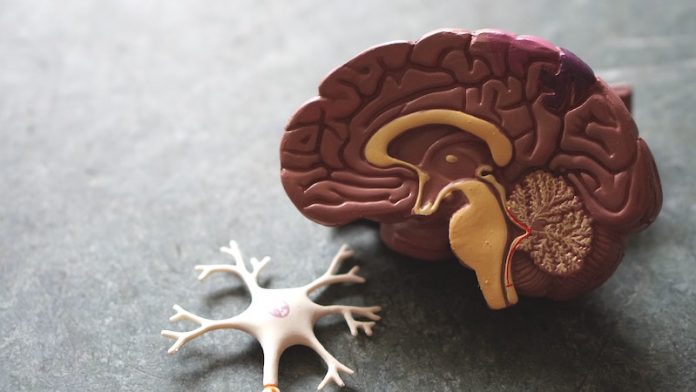
Glioblastoma, an aggressive cancer in the brain or spinal cord, has proven stubbornly resistant to newer immunotherapies.
And radiation and chemotherapy, the standard treatment for glioblastoma, result in fewer than 10% of patients surviving longer than five years after diagnosis.
In a new study from Washington University in St. Louis, researchers found that treatment with an immune-boosting protein called interleukin 7 (IL-7) in combination with radiation may improves survival.
The study showed that IL-7 increases the number of T cells in the tumor and other immune organs. Such immune cells can then attack the cancer cells and improve survival.
Radiation in combination with chemotherapy is the standard of care for various cancers including glioblastoma.
Although beneficial against cancer, these treatments also can impair patients’ T cells, known as lymphocytes, that are important for fighting infections.
Many glioblastoma patients have low levels of T cells. Glioblastoma patients who have chronically low lymphocyte counts don’t survive as long as patients with higher numbers of these T cells.
In the study, the researchers found that mice with glioblastoma tumors treated with a combination of chemotherapy, radiation and IL-7 lived longer than mice that received only chemotherapy and radiation.
On average, control mice that received no treatment lived about 20 days after tumor implantation. The mice that received IL-7 alone lived about 30 days, and those that received radiation alone lived about 35 to 40 days.
The mice that received a combination of radiation and IL-7 lived at least 40 days, and many were still alive at 90 days.
The longest survival was in the mice that received the triple combination of chemotherapy, radiation and IL-7, most of which lived at least 45 days, with many still alive at the 90-day mark.
The team says if many of these mice are surviving at least three months by adding IL-7, they hope to see some type of improvement in our patients who are treated with IL-7.
As a basis for comparison, the chemotherapy given for glioblastoma is called temozolomide, and it was first approved because it improved patient survival by an average of slightly over two months.
In addition to increasing T cell numbers in the tumor and the tumor’s environment, IL-7 treatment increased T cells in the blood and immune organs, including the thymus, spleen and lymph nodes.
The therapy also reduced T regulatory cells, which are known to suppress the immune system in the microenvironment of brain tumors.
The team suggests that IL-7 could be considered as a replacement for temozolomide, especially among the nearly 70% of patients who have a type of tumor that does not respond well to this chemotherapy.
If you care about brain health, please read studies about how to eat your way to a healthy brain, and how to prevent brain aging effectively.
For more information about health, please see recent studies about sleep problem that may increase your risk of deadly brain bleeding, and results showing this common food may reduce vascular disease in the brain.
The study is published in Clinical Cancer Research. One author of the study is Jian L. Campian, MD, Ph.D.
Copyright © 2022 Knowridge Science Report. All rights reserved.



